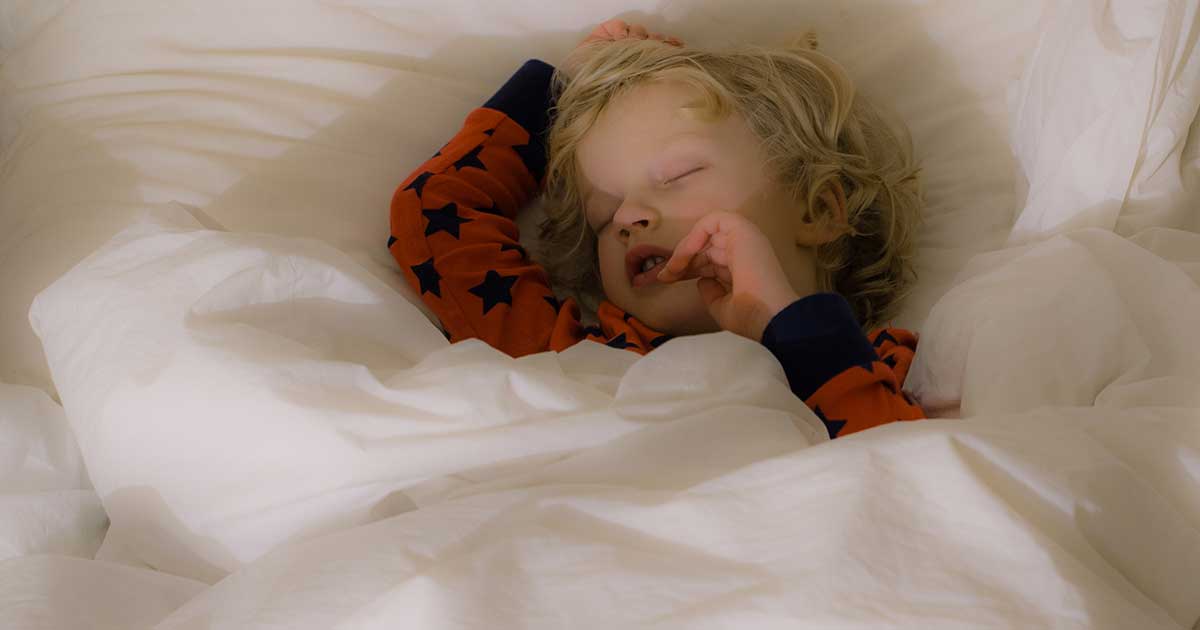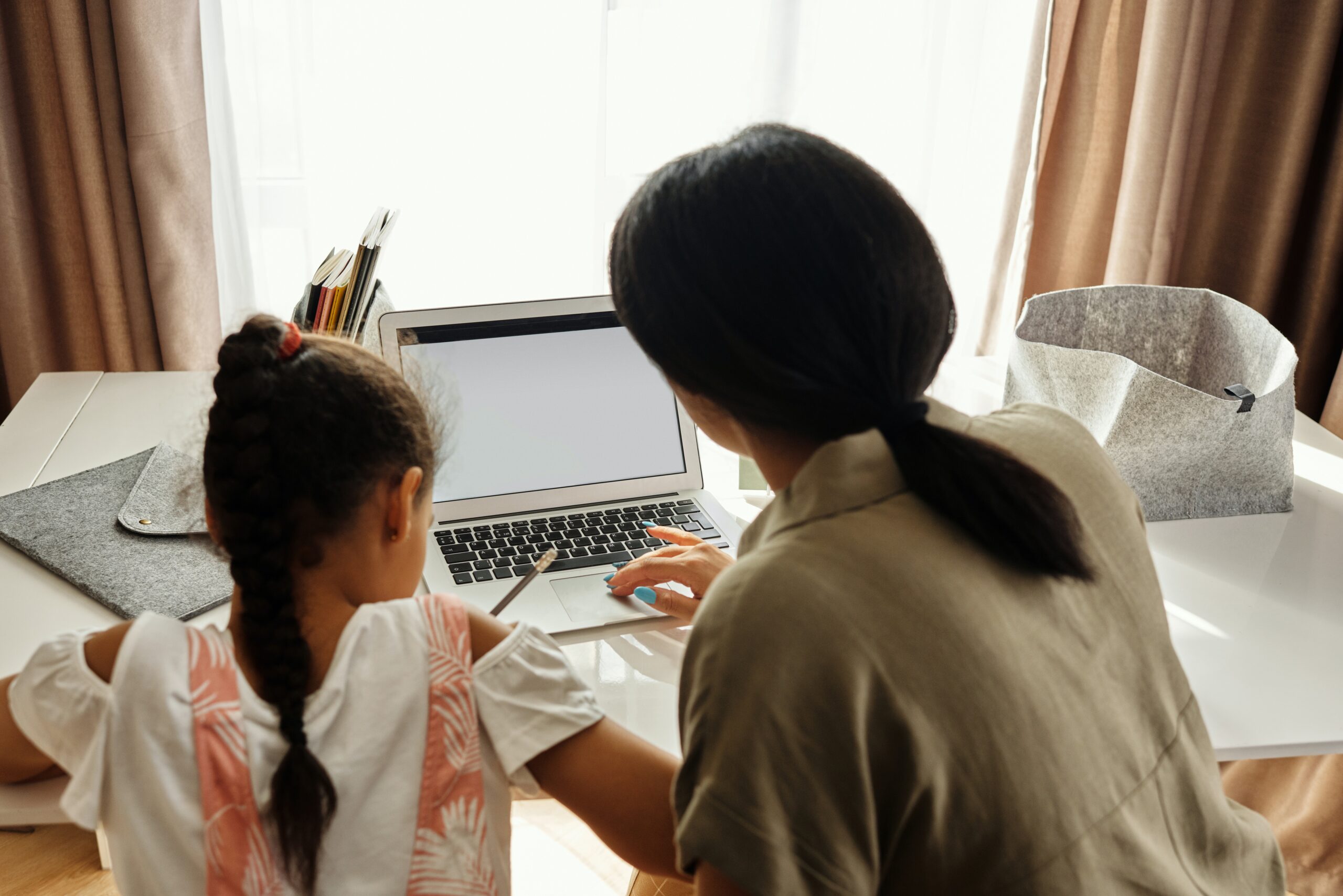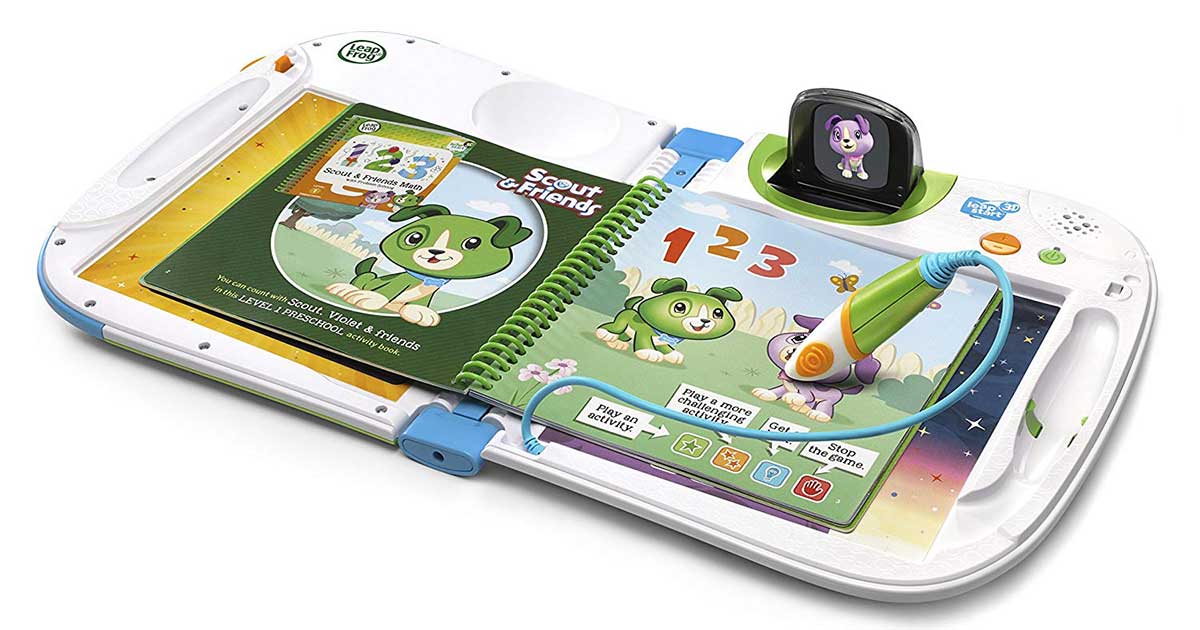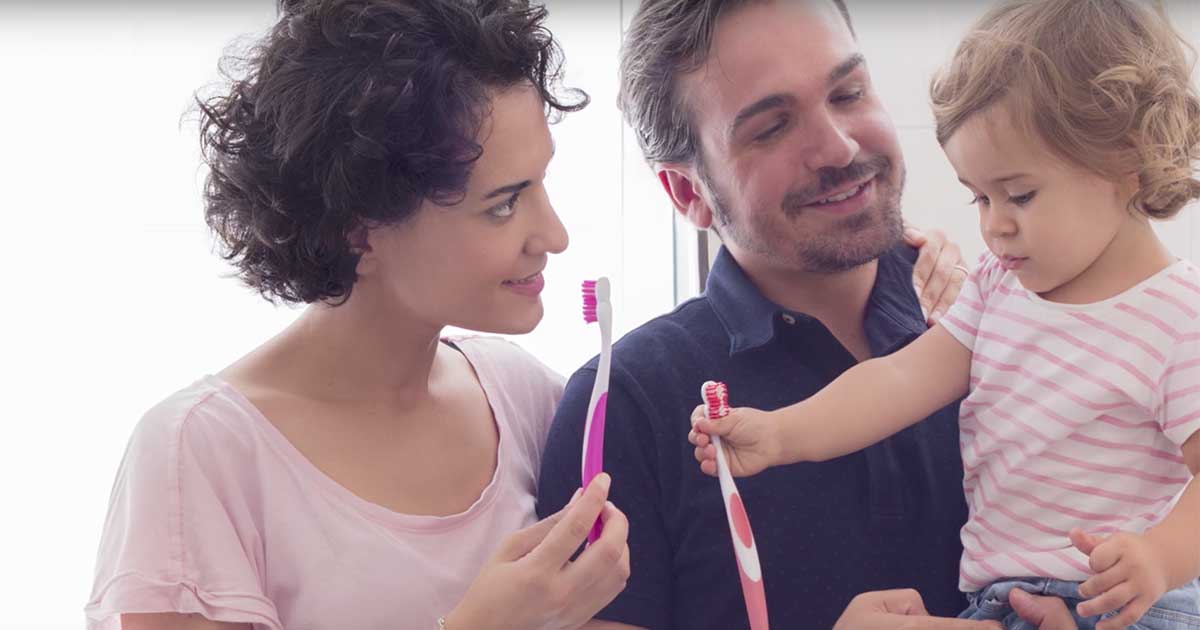Advertisement
Birth
7 Things No One Tells You About Your Body Postpartum
By
Melanie Weir
8 min read
- # abdominal separation
- # after having baby
- # baby
Advertisement - Continue reading below
You’re all studied up. You’ve read all the books, you watched all the pregnancy vlogs, you went to every single Lamaze class. You are so prepared to have this baby. It’s going to be painful, sure, but you know all about what your body is going to go through, and you’re confident that you can handle it.
But what about after the birth? Yes, of course, you can handle the baby, but the beautiful, often-horrifying miracle that is pregnancy doesn’t exactly end after the baby leaves your body. In our opinion, people do not talk enough about all of the stuff you’ll through after your body is done growing a tiny human. We don’t want to scare you: It’s definitely nothing you can’t handle. In order to be prepared for your body postpartum, though, first, you have to KNOW about it. So, without further ado:
Your Stomach May Have Split

Okay, wait, before you freak out, we’re not talking about like in the movie Alien here. All this means is that, often — especially if you have a bigger baby — your abdominal muscles will separate in order to accommodate the baby as it grows. If you are in good shape before getting pregnant, this may be less likely to happen, but there really are no guarantees, as it is based on a number of factors. If you want to attempt to combat this while you’re pregnant, you can try to avoid heavy lifting, as well as any exercises that cause unnecessary strain to the muscles. Still, that may not help: This issue affects about two-thirds of pregnant women.
It really isn’t as bad as it sounds, though, we promise. Though they may never be quite as tight as they were before, light physical therapy can bring your abs back together; even something as simple as doing ab workouts while wearing a belly band to bind the muscles together will help.
Leaks Happen
It’s never happened to you before: You sneeze, you laugh, you lift something, and … oops. Suddenly your undies aren’t as dry as they were a second ago.
Don’t worry, it’s really no big deal: Your pelvic floor might just be a bit weak from the birth. It makes perfect sense. After all, you were just walking around with a 6- to 8- (or more!) pound baby inside of you for months, and then you most likely also had to push it out of an opening as small as a lemon — although even those who had cesarean births can experience this issue. You can help this problem go away by doing kegel muscle exercises before and after you give birth. This will help to make your pelvic floor strong again. And in the meantime, wearing pantyliners will keep you from feeling damp.
Speaking of Liners…
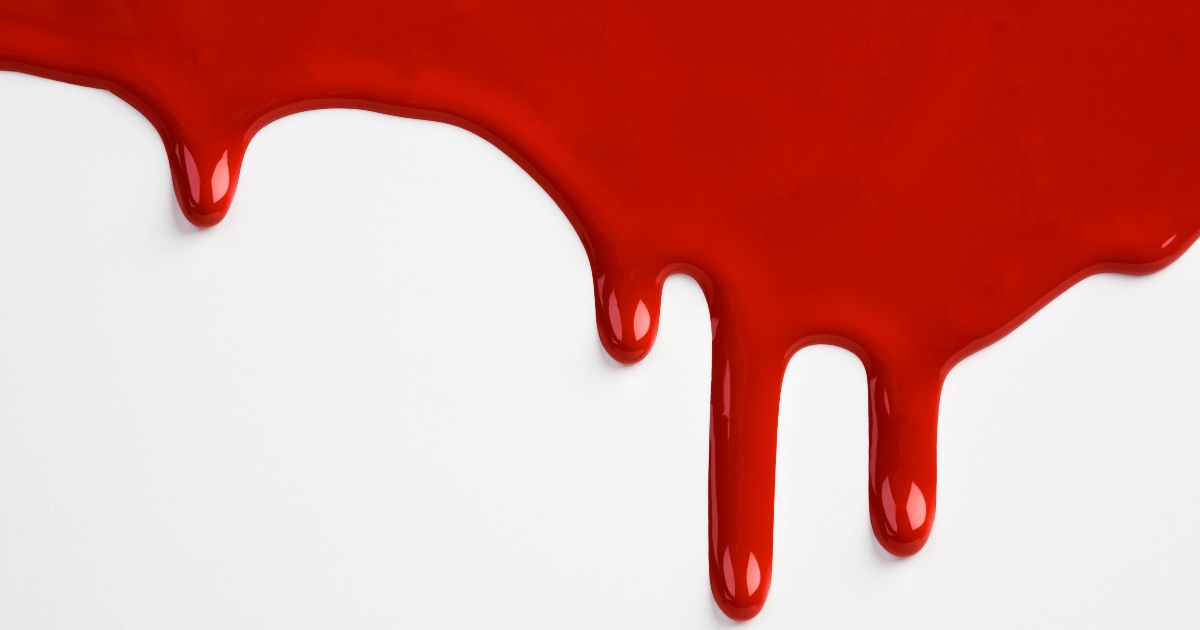
… You’ll be needing something much more heavy duty for a while after you give birth. One of the things nobody tells you is that you are going to bleed quite a bit. You might have the equivalent or greater of a heavy period at first, and you could bleed on and off for up to six weeks. (If you breastfeed, it will likely be closer to three.) This is because your body is shedding all that lining it built up to house the baby.
You should also know that clots are normal, but if you pass anything bigger than a golf ball, or you soak through a pad in under an hour, you should contact your doctor. This can mean that you are bleeding internally, or, more commonly, that part of the placenta was left inside of you, which can lead to infection. (This is why many doctors now recommend birthing the placenta naturally, as opposed to having it removed by the doctor.)
You won’t be using regular pads, either. The pads you use for postpartum bleeding will be HUGE, like a puppy training pad folded in half between two regular pads huge. Some hospitals will give these to you, or even give you special ones that are pre-moistened with witch hazel for pain relief. There also are other things you can do to relieve pain in your lady bits after the fact: Use a pad sprayed with Dermoplast, or use a padsicle AKA a pad that you’ve stuck in the freezer for a little bit.
(P.S.: We doubt you would even want to, but in case you didn’t know, DO NOT use tampons after giving birth. Not like, never again. Just for about six weeks.)
Your Post-Baby Body Won’t Be Perfect Overnight
On TV it always seems like a mother’s body is magically back to normal after she gives birth, but that’s most definitely ridiculous: Nobody can do that overnight. After giving birth, most women look about six months pregnant still, and, while some moms go back to near-normal soon after, sometimes a mom’s belly can sometimes look a bit like a deflated beach ball for the first couple of weeks. Don’t stress about it! Your body took nine months to grow to accommodate your baby, so don’t be surprised if it takes another nine months to get back to where it was. Just relax and take it one day at a time.
Unfortunately, shrinking back is not a painless process. Your body begins working to reduce your uterus (and everything else) back down to its normal size right after you give birth, and it’s rewinding in a tiny fraction of the time it took to grow. You were prepared for the pain of contractions during childbirth, but many women don’t know that contractions afterward, known as afterpains, can be just as bad, if not worse. (They actually say that the afterpains get worse with each child you have, so while first-time moms may not even feel them, by your second or third child they can get pretty intense.)
These pains are usually worst in the first week and will taper off between the second and third week, though they can last as long as six, especially if you are breastfeeding. The bright side is that, usually, the more pains you have, the more your belly is shrinking!
You’ll Probably Lose Some Hair
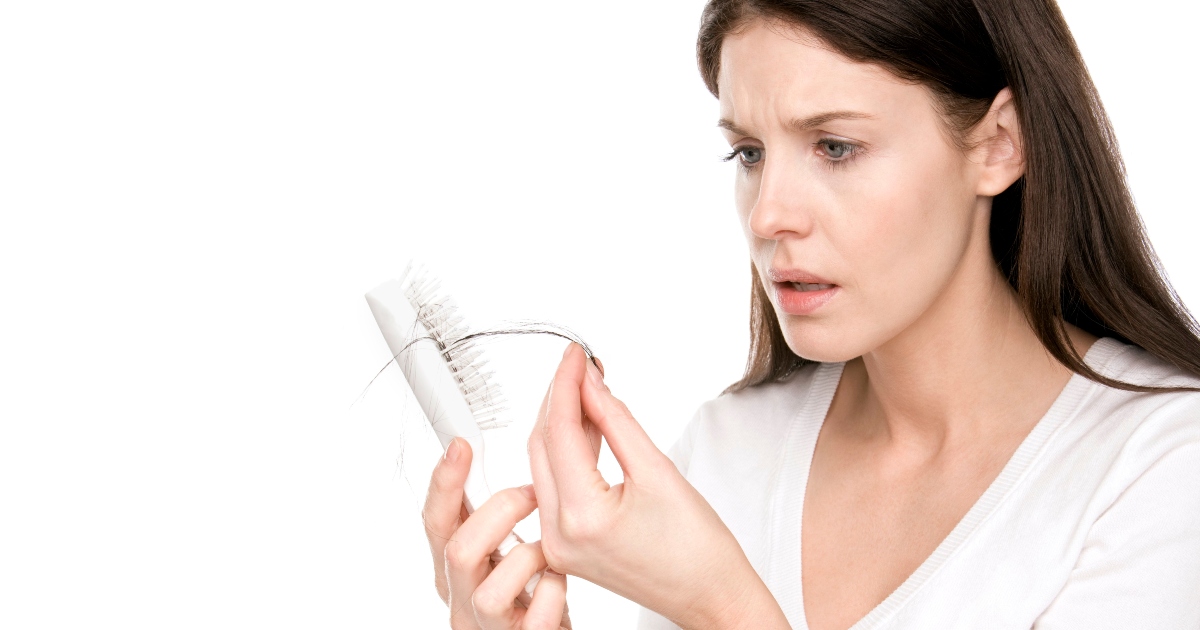
Don’t worry, you’re not going bald! It’s completely normal to experience hair loss after having a baby. You’re not actually even losing any that you wouldn’t have lost anyway: When you’re pregnant, normal hair loss usually stops, giving you more thick and shiny locks than usual. After the baby is born, it’s sort of like your scalp decides to make up for lost time. Normally, you shed around 80 strands of hair a day. Postpartum, you might lose as many as 400 (which is five times as many). Some women even say their hair started falling out in clumps.
Losing it all at once can be a scary sight, but don’t worry, it’s not really as much as you think, and it will grow back. If you want to speed up new hair growth, a diet high in protein will help, and there are supplements that you can take to promote hair and nail growth as well.
Bathroom Fear is HERE
This is one you may have guessed at: Going to the bathroom can be a scary and painful process right after giving birth. Everything down there is sore, and you may actually notice that it is all EXTREMELY swollen for the first few days. Fear not: There are plenty of things you can do to avoid bathroom pain.
First of all, pee in the shower whenever possible. We don’t mean go only when you wash: We mean if you have to go, forget the toilet and just turn on the shower and hop in. It saves you the pain of wiping and mitigates the burning that occurs if you tore or had to get stitches. As for No. 2, which require the same tired muscles you just used to push out a whole baby, make sure your diet is high in fiber, and if that doesn’t help enough, a laxative or stool softener can be a great help.
Other than that, many doctors will give you a little squirt bottle that you can use to clean yourself after going. If they don’t, you can easily buy them on Amazon or at any drug store. The padsicles, Dermoplast, and witch hazel we mentioned earlier should also help with any soreness.
Breastfeeding Doesn’t Always Look Like This:

Breastfeeding is always talked about as an amazing, natural thing — and it is! But “natural” does not necessarily mean “second nature.” It’s not as simple as sticking a nipple in your baby’s mouth and waiting ‘til they’re done eating. It’s very important for your baby to latch onto your breast correctly, and sometimes this requires several tries and even you reshaping your breast in order for it to work — which can be even more painful than it sounds, as your breasts can become very swollen and stiff when your milk first comes in.
You also have to make sure to keep up your fluids even more than you normally would, and be very careful of what you eat; this is both because the baby basically ingests whatever you do, AND because some foods (like oats, flax, and nuts) help boost milk production. Breastfeeding is easier for some moms than others (and some babies, too!), and you should be patient with yourself. There is also no shame if it doesn’t work for you and your baby, and you shouldn’t let anyone tell you otherwise!
(P.S.: Many people don’t know this, but breast milk does not come in until two to five days after birth. What you feed your baby with first is a thicker, yellow liquid called colostrum. Colostrum is a substance jam-packed with the nutrients your baby will need in its first days in the world, but it does not flow as easily as milk, so you might need to literally squeeze it out or get a lactation consultant to help you.)
(P.P.S.: When your milk DOES come in, be prepared for your hormones to come back with it, and with a vengeance.)
Having it all laid out like that, it doesn’t seem so bad, right? This is why it’s so important to prioritize REST above everything else for the first couple weeks — everything except your baby, of course. Even if you feel like you can be doing more, remember that you just pushed a PERSON out of your body. You’ve earned some relaxation. One thing virtually every experienced mom will tell you to remember is that your only job is to feed your baby. Don’t worry about cleaning your house or entertaining company or anything of the sort: If you are getting your baby fed then you are doing perfectly. Those first several weeks are all about the two of you bonding, and we guarantee that if you can just focus on your new bundle of joy, you’ll be so in love with them that you won’t even be worried about everything else that’s going on.
Is there an essential after-baby experience that we’re missing? What happened to your body postpartum that you weren’t prepared for? Let us know in the comments, and make sure you SHARE this with any moms-to-be in your life — or just your female friends! This is definitely something more ladies should know about!
Advertisement - Continue reading below

